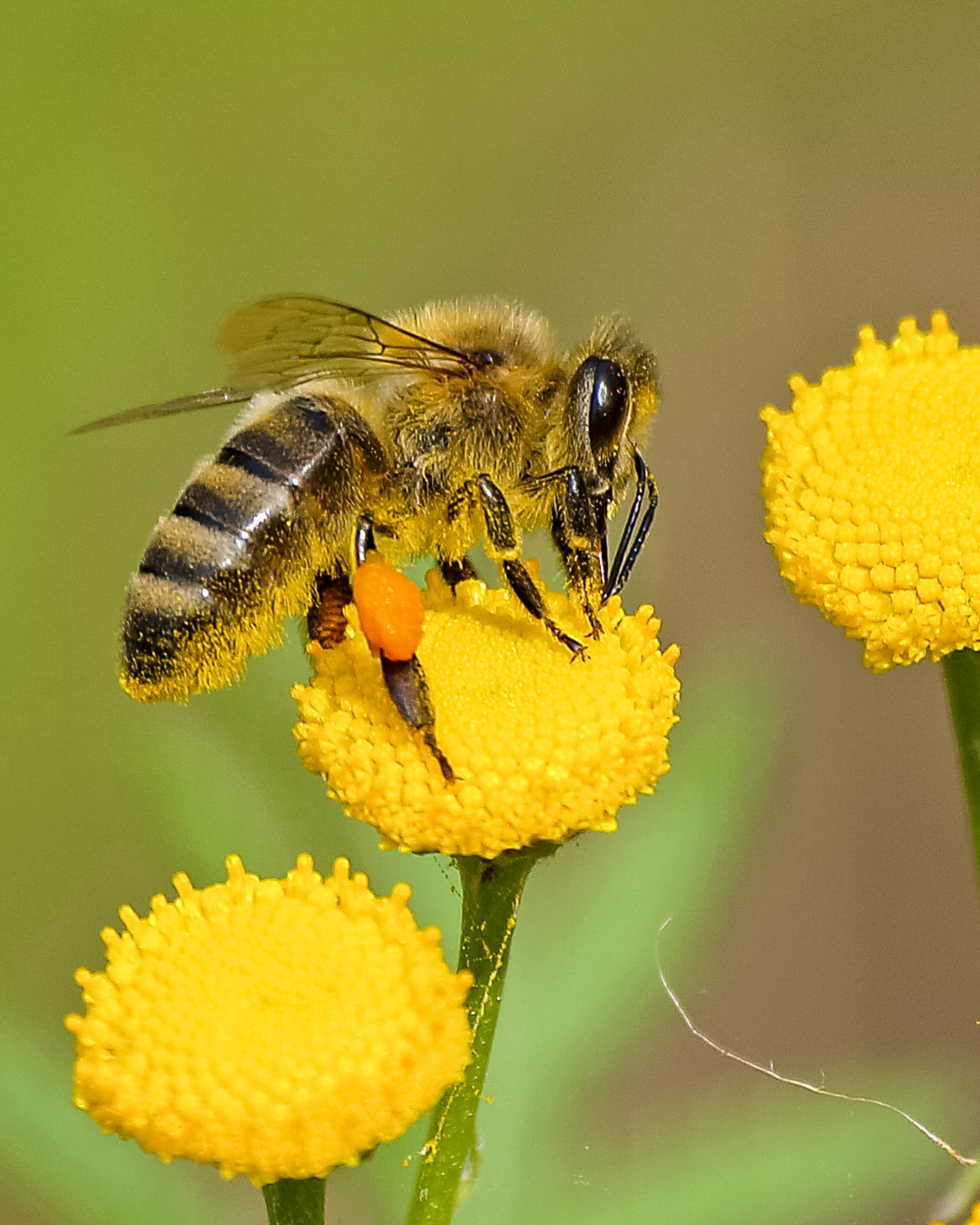All Natural Pest control : observe the pest , its damage on the plants and lure it away

Ah yes, now the garden is really starting to 'step on the gas' as warmer June nights and that so elusive spring sun has transformed into a Big bright energy infusing orb are making plants seemingly stretch and grow overnight!
Unfortunately us gardeners know that this can lead to others to admire our growing gardens - ah yes, early summer pests could be starting to show up.
If you are seeing irregular bite marks on your rose bush leaves or young zinnias, even on your cucumbers you are not alone, but take heart, we can help you minimize the damage done by insects such as :
Japanese beetles, rose chafers, boxwood tree moth, cucumber beetles, aphids and more.
We highly recommend getting out in the garden and trying to identify those nasty pests. Often times the symptoms of their activity ( torn leaves, ragged patches on leaves ) is enough to confirm their presence. Natural pest control involves capturing these flying insects such as Japanes beetles, cucmber beetles, rose chafers by using lures that have a scent that the flying pest is uniquely attracted to. These fliers fly towards the scent and then are caught in a one way trap that they cannot escape. We recommend that you visit our website ( under the featured tab in our online store) to learn more about reusable lure and trap kits for these pests, including the horrendously destructive boxwood moth trap and lure. The latter pest has been growing in incidence in our region of late to the point that home owners are ripping out their beloved boxwood plantings.
For a general all purpose, natural pesticide , we also want to introduce you to FOOD GRADE DIATOMACEOUS EARTH. Be prepared to be amazed at the benefits of using this product to build a healthy garden.
Diatomaceous earth is made from fossilized water plants and is a naturally occurring siliceous sedimentary mineral compound from the remains of algae-like plants called diatoms. The plants have been part of Earth’s ecology system dating back to prehistoric times. The chalky deposits the diatoms left are called diatomite. The diatoms are mined and ground up to make a powder that has a look and feel much like talcum powder.
Diatomaceous earth is a mineral-based pesticide and its composition is approximately 3 percent magnesium, 5 percent sodium, 2 percent iron, 19 percent calcium and 33 percent silicon, along with several other trace minerals.
When using diatomaceous earth for the garden, it is extremely important to purchase only the “Food Grade” diatomaceous earth and NOT the diatomaceous earth that is and has been used for swimming pool filters for years as the latter has undergone a different process which results in having a higher balance of silica.
Diatomaceous earth works to get rid of insects such as:
To these insects, diatomaceous earth is a lethal dust with microscopic sharp edges that cut through their protective covering and dries them out.
One of the benefits of diatomaceous earth for insect control is that the insects have no way to build up a resistance to it, which can’t be said for many chemical control insecticides.
Diatomaceous earth will not harm the worms or any of the beneficial microorganisms in the soil.
To apply you can dust onto plants , however ,we recommend that you apply ysing a dust mask and keep pets , children away from the garden during application. After that, the garden is completely safe when this product is applied for both children and pets.
An even better way to apply and to avoid the dust is to apply a wettable powder. Mix well 1 cup of food grade diatomaceous earth with 2 litres of water and spray on the plants that are showing symptoms of insect damage.
We hope hope that damage from these insect pests will be minimal for you this year, but if you do find yourself dealing with these insects, we hope that these natural control methods will allow you and your family to protect your garden safely this summer.
Source: 'Gardening Know How', 2020


